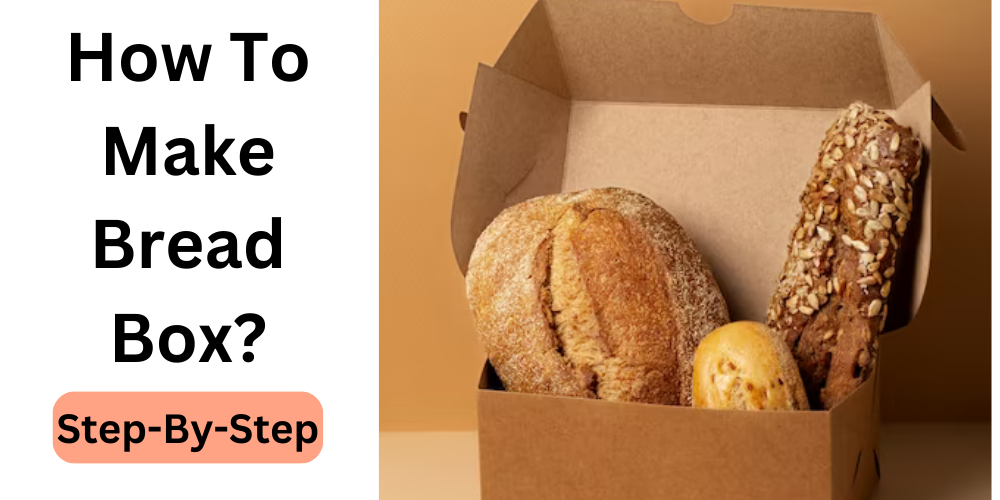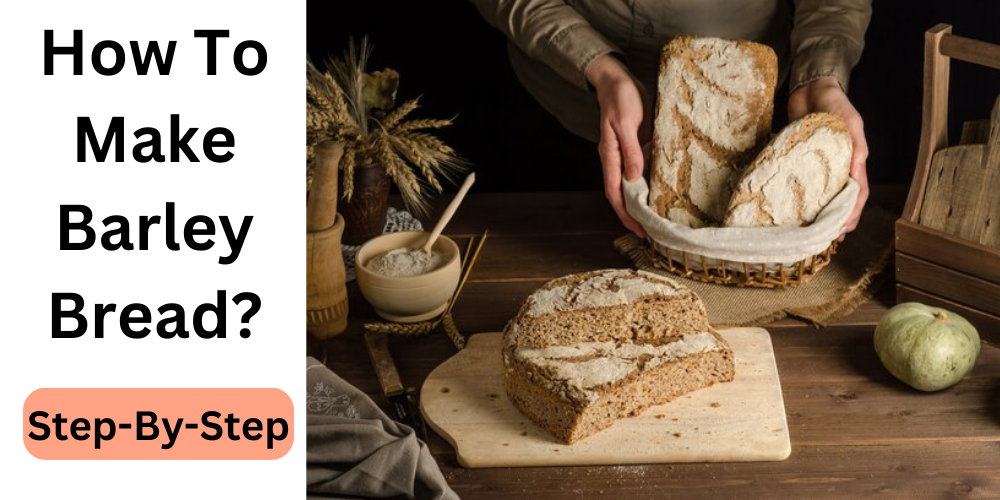Bread is a staple food in many households around the world. From sandwiches to toast, bread is a versatile and convenient option for many meals. However, with busy schedules and limited time, are bread makers worth it? It can be challenging to find the time to bake fresh bread at home. This led to the invention of bread makers, which promised the convenience of homemade bread without the hassle of kneading and baking.

Are Bread Makers Worth It?
But are bread makers worth it? Do they live up to their promises? In this article, we will delve into the details and uncover whether investing in a bread maker is truly beneficial or just another kitchen gadget that ends up collecting dust.
Before we dive into answering this question, let’s first understand what bread makers are and how they work. A bread maker is a small kitchen appliance that automates the process of making bread, from mixing and kneading to baking. It usually has a container for ingredients, a heating element, and a paddle for kneading.
Now let’s explore the factors that make up the answer to whether bread makers are worth it.
1. Cost Analysis
One of the first things people consider when purchasing any appliance is its cost. Bread makers can range anywhere from $50 to $300 depending on their features and brand. While this may seem like a significant investment, it is essential to compare it with the cost of buying store-bought or homemade bread regularly.
In the long run, investing in a bread maker can save money, especially if you are someone who regularly buys artisanal or specialty bread. Additionally, most bread makers come with a warranty and last for several years, making it a good return on investment.
2. Convenience
The main selling point of bread makers is their convenience. With busy schedules and hectic lifestyles, finding time to bake bread at home may seem like an impossible task. Bread makers take away the need for manual labor by automating the process.
All you have to do is add the ingredients, set the timer, and let the machine do all the work while you attend to other tasks. This makes it perfect for working professionals or individuals who don’t have much experience in baking but still want fresh homemade bread.
3. Quality of Bread
Another crucial factor to consider is the quality of bread produced by a bread maker. While it may not match up to the artisanal loaves available at high-end bakeries, bread makers still produce fresh and delicious bread that surpasses store-bought options.
Moreover, you have complete control over the ingredients used in your bread, allowing you to customize it according to your preferences. You can choose healthier alternatives like whole-wheat flour or add in different flavors and nuts for a unique taste.
4. Health Benefits
One of the most significant advantages of making bread at home is knowing exactly what goes into it. Store-bought bread often contains preservatives, artificial flavors, and added sugars, which can be detrimental to one’s health.
With a bread maker, you have control over the type and amount of ingredients used. This means you can make healthier choices, like opting for whole-wheat flour or reducing sugar content, making it a healthier option for you and your family.
5. User Experience
Using a bread maker is a straightforward process that does not require any specialized skills. The instructions are easy to follow, and most models come with recipe books to guide you through different types of bread.
Moreover, baking bread at home can be an enjoyable experience for many people. The smell of freshly baked bread filling the house and the satisfaction of creating something from scratch is unparalleled.
6. Comparative Analysis
To better understand whether investing in a bread maker is worth it, let’s compare it with other methods of making bread.
- Hand-kneading: This traditional method requires time and physical effort. It also has a higher margin for error, resulting in inconsistent results.
- Stand mixer: While stand mixers make the kneading process easier, they are costly and require storage space. They also do not have a built-in baking function, meaning you will still need to transfer the dough to an oven.
- Bread machine mixes: These pre-packaged mixes may seem like an easy option, but they often contain preservatives and artificial flavors.
In comparison, bread makers offer a convenient and cost-effective solution that produces fresh homemade bread without any added preservatives or flavors.
7. Advantages of Bread Maker
To summarize, here are the advantages of using a bread maker:
- Convenience: It is a time-saving and effortless process.
- Cost-effective: In the long run, it can save money compared to buying store-bought or specialty bread.
- Customizability: You have control over ingredients, allowing you to make healthier choices and customize the flavor.
- User-friendly: Bread makers are easy to use and require no specialized skills.
8. Disadvantages of Bread Maker
As with any appliance, there are also some drawbacks to using a bread maker:
- Limited shape and size options for bread loaves.
- Can take up counter space in small kitchens.
- Initial investment cost can be high for some models.
Related guides:
Is It Cheaper To Make Bread In A Bread Maker?
Many factors determine the cost of making bread at home, including the type of ingredients used, electricity costs, and the initial investment in a bread maker. However, based on these factors, making bread in a bread maker can be cheaper than buying store-bought options or specialty bread.
Moreover, as mentioned earlier, investing in a bread maker can save money in the long run and allow for healthier choices.
Does A Bread Maker Make Good Bread?
The quality of bread produced by a bread maker depends on various factors such as the ingredients used and the model’s features. Generally, you can expect to get fresh and delicious homemade bread from a good-quality machine.
However, it is essential to choose high-quality ingredients and follow the instructions carefully to achieve desired results.
Conclusion:
Bread makers are a worthwhile investment for anyone who enjoys fresh homemade bread regularly. They offer convenience, cost-effectiveness, and customization options that make them a valuable addition to any kitchen. By understanding their advantages and disadvantages and comparing them with other methods of making bread, you can decide if a bread maker is worth it for you.
When using your bread maker, don’t limit yourself to just making loaves of bread. You can also use it to make various types of dough like pizza dough or even cookies with flour specially designed for baking in bread makers.
Whether you are a seasoned baker or someone looking to explore the world of baking, a bread maker can be an excellent tool to have on hand. So go ahead, invest in a bread maker, and enjoy the delicious and fresh taste of homemade bread whenever you want.
Sources:
- By Paul Feist, Is it worth buying a breadmaker if you are planning to make your own bread? Posted 4 years ago




